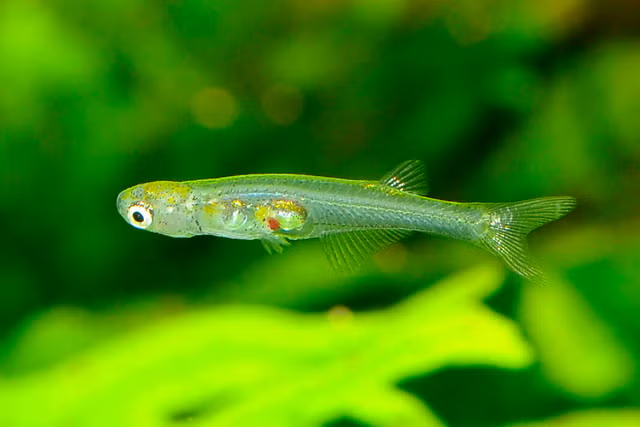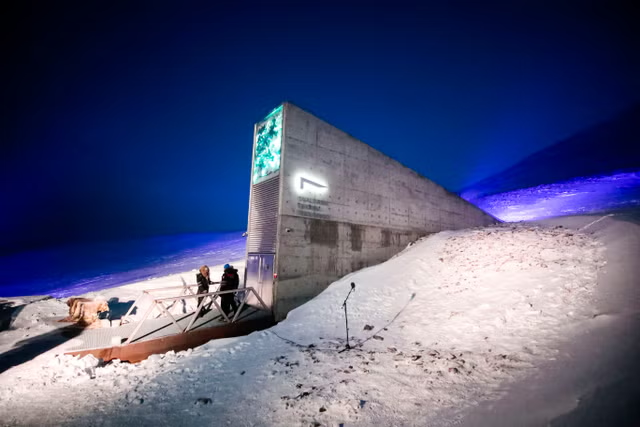Scientists have finally discovered and named a strange medusa species observed only twice before in the depths of the Sumisu Caldera, a volcanic formation off Japan’s coast.
The jellyfish species, about 10cm in diameter, has been namedSantjordia pagesi because of the way its bright red stomach resembles the Cross of St George.
It lives at a depth of over 800m, only in the Sumisu Caldera in Ogasawara Islands about 460 km south of Tokyo – a hydrothermally active deep-sea volcanic structure with a diameter of about 10 km.
“The species is very different from all the deep-sea medusae discovered to date. It’s relatively small, whereas others in this kind of environment are much larger. The bright red colouring of its stomach probably has to do with capturing food,” study co-author André Morandini from the University of São Paulo in Brazil said.
At such depths of about 812m in the sea, many creatures tend to glow due to bioluminescence to navigate in the darkness.
The bright red stomach of the new jellyfish likely ensures that such bioluminescent prey it swallows are not seen by other predators, scientists suspect.
RAW VIDEO: Mysteries Of The Poles' Giant Sea Spiders RevealedResearchers found that the medusa was very different even from closely related known species, and suspect S. pagesi may have venom that could be very unlike those discovered to date.
“Who knows? Maybe it holds secrets more valuable than all the mineral wealth that could be extracted from that place. All this with the advantage of keeping the species and the site intact,” Dr Morandini stressed.
Usually, the discovery of a new species entails the collection of several specimens, but since S. pagesi is very rare and hard to collect, its description was based only on a single specimen.
Researchers hope future surveys of the deep ocean may help find more members of the group.
“We opted to publish the description and call attention to the species that are present at the site, which has a substrate rich in minerals and the potential to be commercially developed. Unfortunately, research can’t be conducted in such places without partners who have interests of this kind,” Dr Morandini said.
Disclaimer: The copyright of this article belongs to the original author. Reposting this article is solely for the purpose of information dissemination and does not constitute any investment advice. If there is any infringement, please contact us immediately. We will make corrections or deletions as necessary. Thank you.



